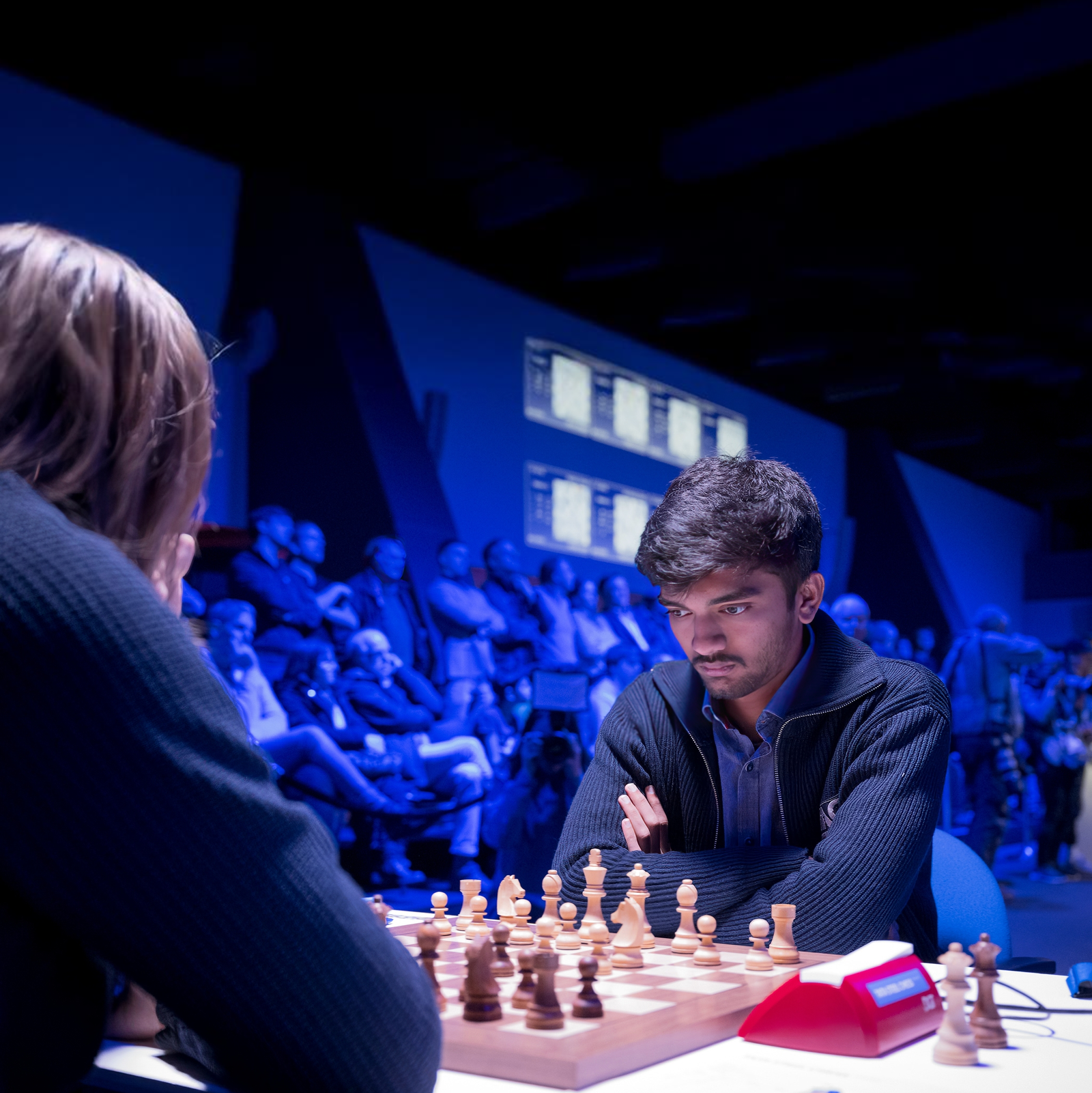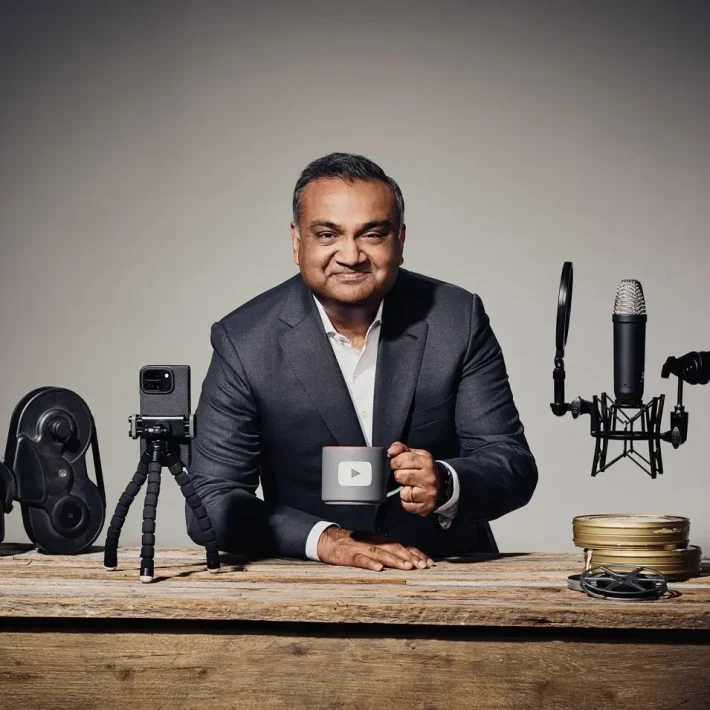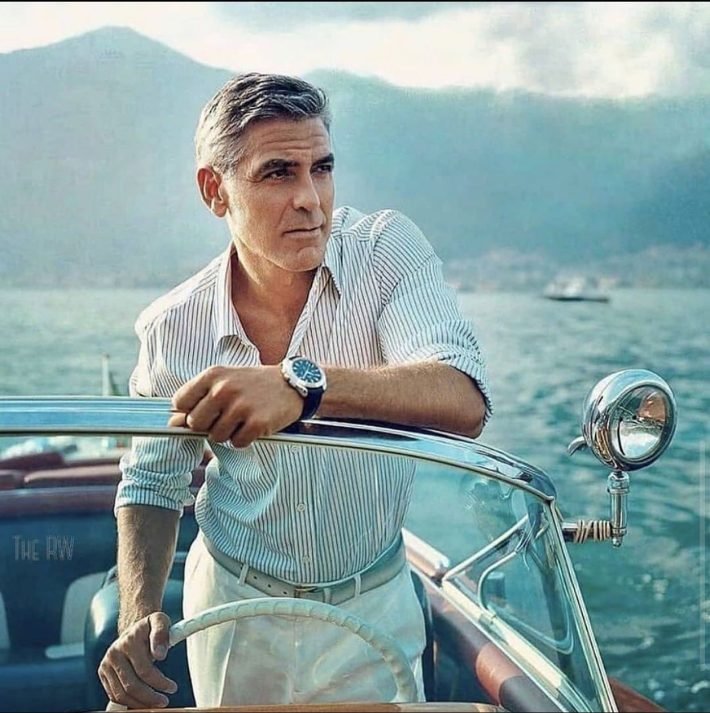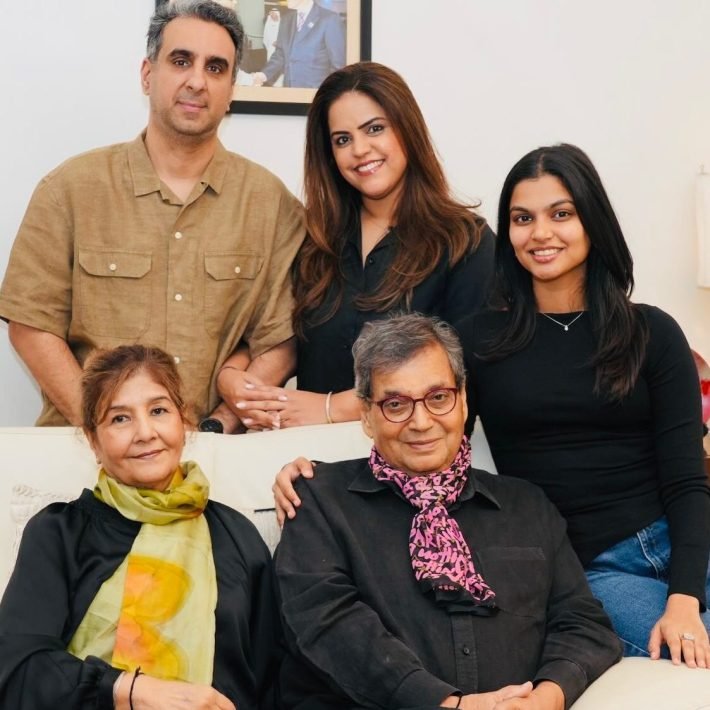Gukesh Dommaraju was only seven years old when he watched Magnus Carlsen and Vishwanathan Anand trading chess pieces during a match. He thought about how cool it would be to compete like them one day. Read on to learn how that thought manifested into Gukesh becoming the undisputed Chess World Champion in 2024.
By Tsunami Costabir
Chess traces its origins to India where it was invented during the Gupta dynasty in the 6th century. It was used as a way to teach young princes military strategy. From 1886 onwards, it became a professional sport but it wasn’t until 1988 that India saw a grandmaster that competed at the international level. And that person was Vishwanathan Anand (popularly known as Vishy). Vishy won the country’s first Chess World Championship in 2007. For the next five years, he remained the undisputed world champion, ultimately losing the title to Magnus Carlsen of Norway in 2013.
However, Anand went on to inspire generations of Indian chess players, including Gukesh Dommaraju, the next Indian to bring home the title of Chess World Champion. Gukesh, incidentally, was part of the very first batch of Anand’s WestBridge Anand Chess Academy (WACA) which opened its doors in 2020.
India’s Golden Era Of Chess?
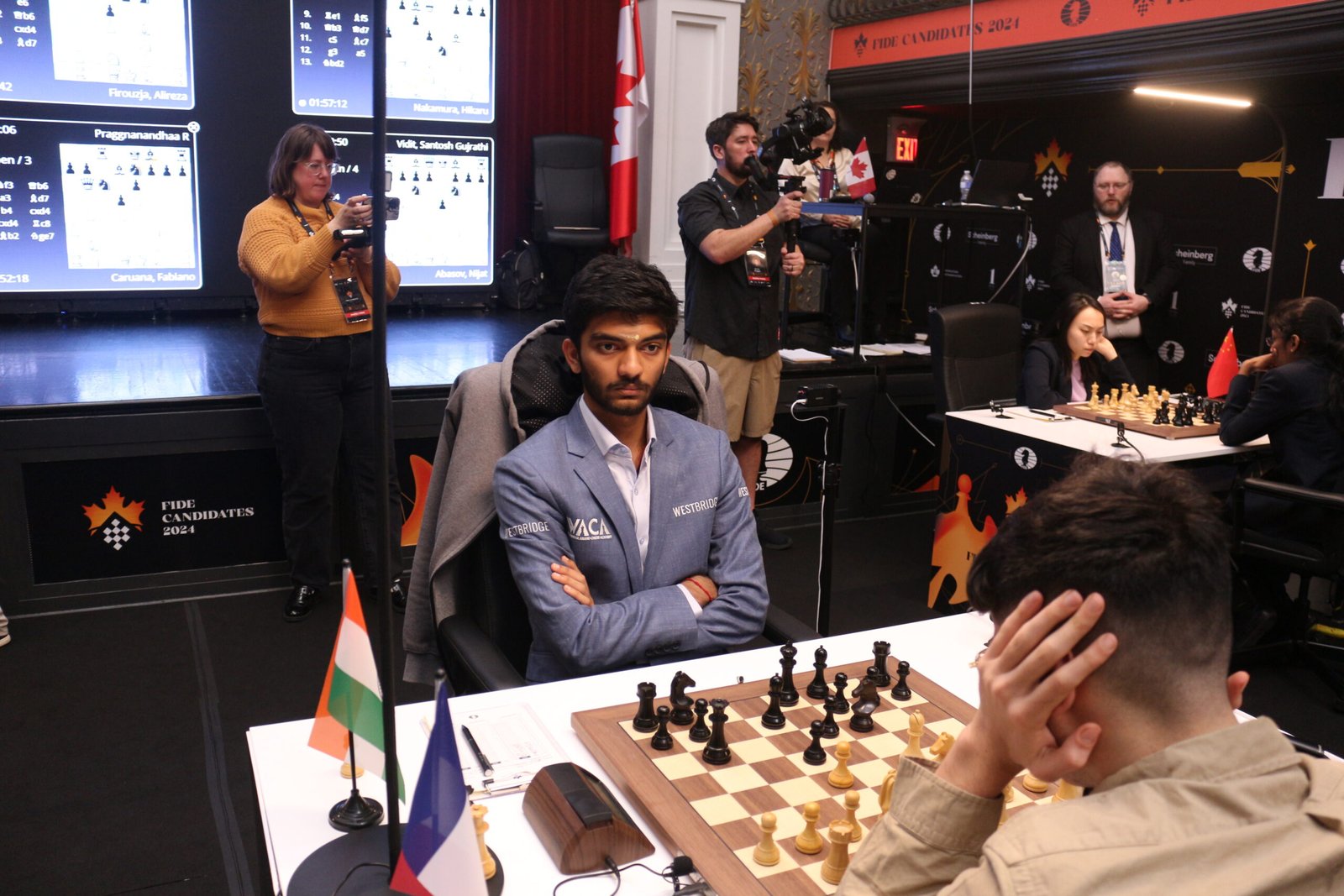
At the FIDE Candidates Tournament 2024, five Indian players managed to qualify. These were R Praggnanandhaa, Vidit Gujrathi, Gukesh Dommaraju, R Vaishali and Koneru Humpy – all students of the WACA. Their presence in the tournament was a historic moment for Indian chess, marking the country’s emergence as a powerhouse on the global stage. The winner of the FIDE tournament would then challenge the reigning World Champion. Gukesh, remarkably made history at that tournament, becoming the youngest ever to do so – a record previously held by Garry Kasparov in 1984. At the Candidates, Gukesh had to outplay top contenders like Ian Nepomniachtchi, Fabiano Caruana and Hikaru Nakamura. His showdown for the world championship was against Ding Liren, the reigning champion from China, in a gruelling 14-game classical format.
Making Of A Grandmaster

Gukesh was born in Chennai to his mother Padmakumari, a microbiologist, and his father, Rajinikanth, an ENT surgeon. At the age of seven, he learnt to play chess. His parents wanted him to try different extracurricular activities including skating and tennis, but he caught on to chess. Gukesh’s dedication and passion for the game helped him rise through the ranks with remarkable speed. In the fourth grade, he quit school to focus solely on chess, and his father, too, quit his job to closely oversee his journey. Tournament after tournament, Gukesh won many awards including the World Youth Chess Championship in 2018 and five record gold medals at the 2018 Asian Youth Chess Championship. Later, in 2019, at 12 years and 7 months old, Gukesh became the second-youngest Grandmaster in chess history.
Calculating Strengths & Weaknesses
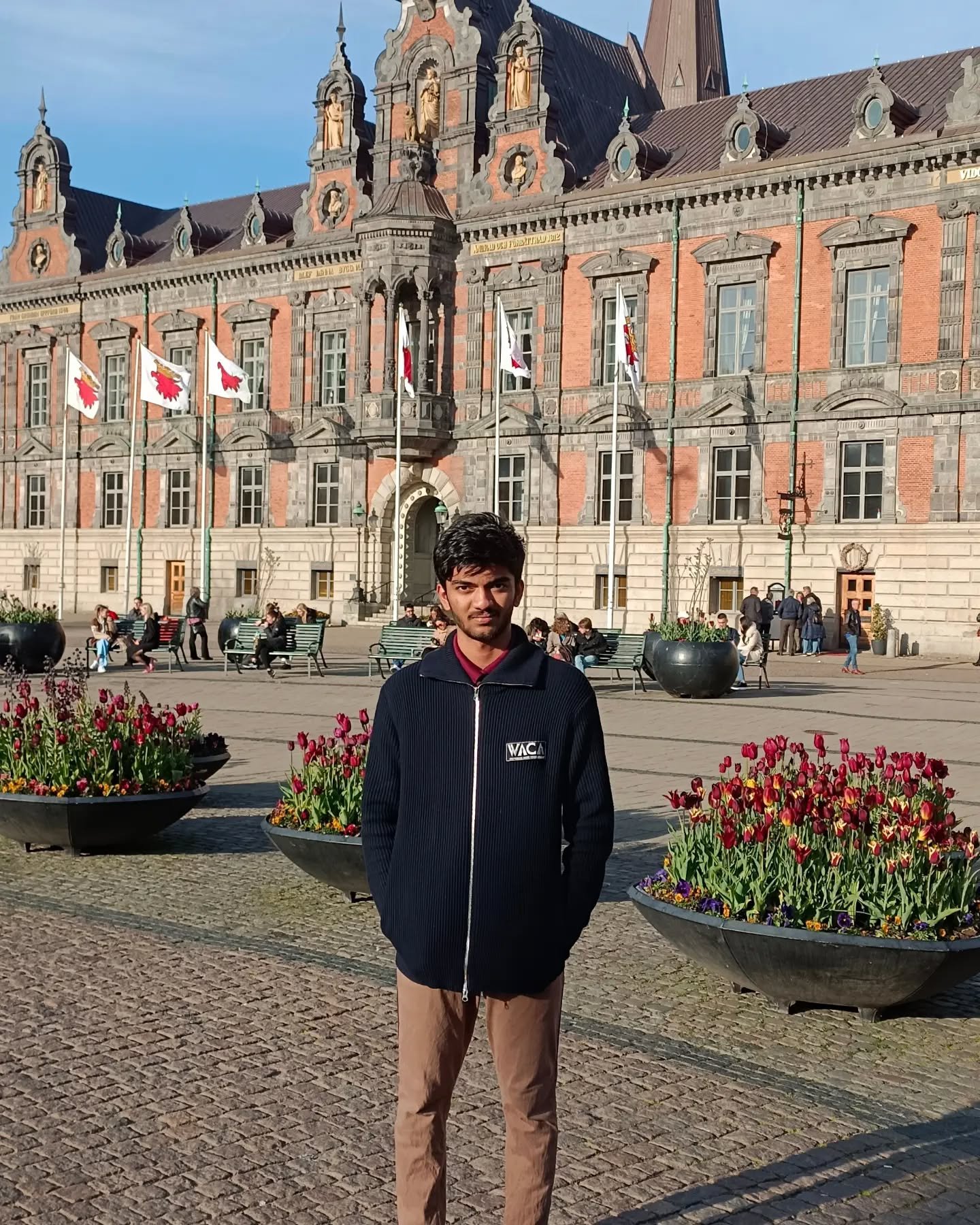
One of the most remarkable things about Gukesh is his ability to stay calm in winning positions. Gukesh is even hallowed by former world champions including Vishy and Magnus for having “incredible calculating abilities.” During a post-match interview, Magnus said that when talking to Gukesh after matches, you realise that he has made complex calculations that other players wouldn’t even have the time to do. “His calculating abilities are what make him an incredibly dangerous opponent because he makes very few mistakes,” said Magnus.

In the book ‘From Boy to Man to Challenger’, author Cyrus Lakdawala described Gukesh’s play style as that of “a young Karpov (former World Chess Champion), who was a master of incremental gains.” Their moves are so subtle that opponents barely notice their positions degenerating.
But on the flip side, while Gukesh’s calculating abilities work well for him in the classical chess format, he supposedly does not have the intuition and pattern-recognition skills that are necessary to compete in shorter, faster games like the rapid and blitz. His 2783 rating in classical tanks to 2654 in rapid and 2615 in blitz.
The Beginning Or The End?
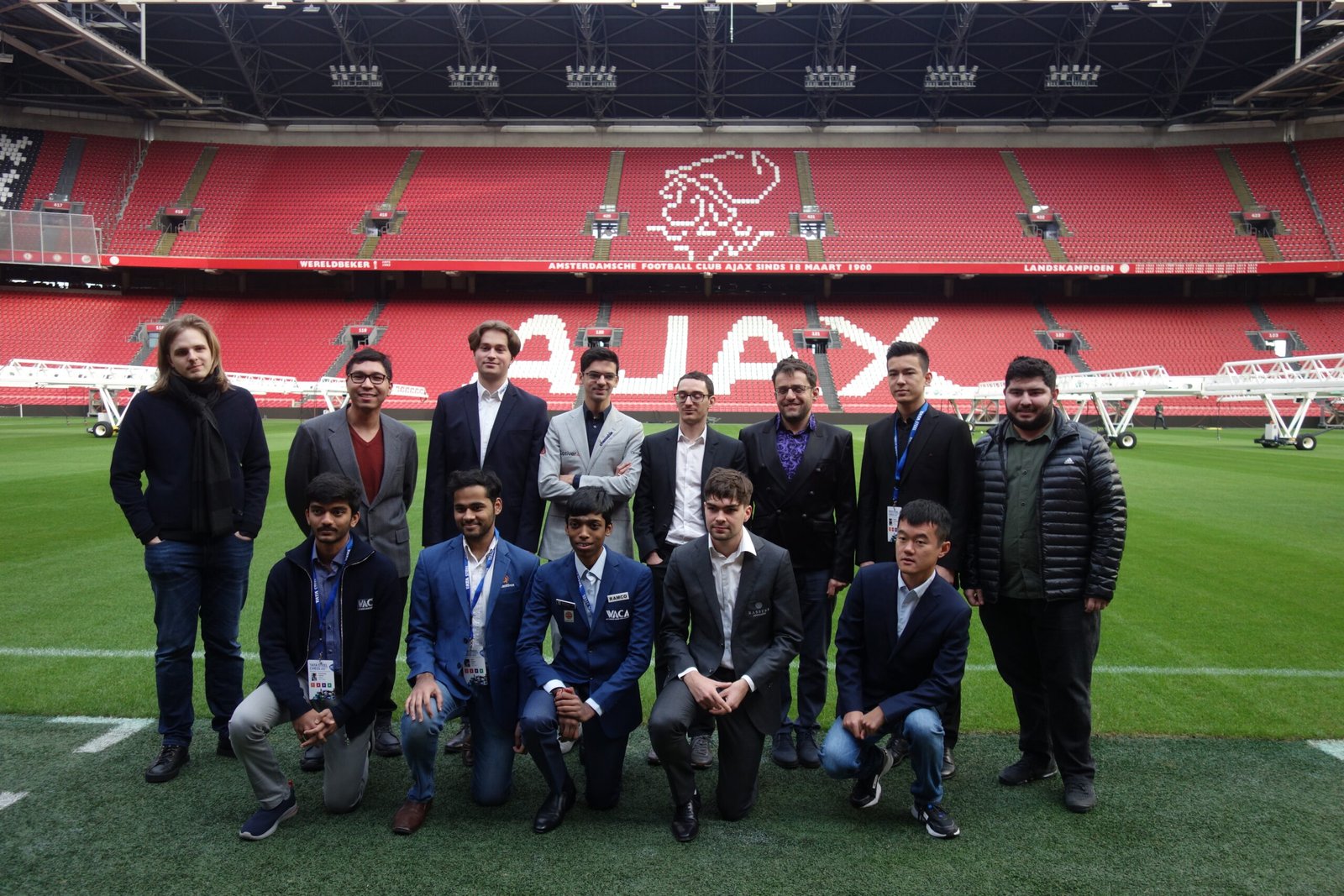
Gukesh is only the fourth-youngest player to shatter the stratospheric 2700 rating barrier. He admits he is not the best in the world but says, “It’s not a crime, I’m only 18!” Some believe that his journey is only just beginning. Others fear that the level of pressure is enough to crack even a mentally strong kid, at that young age.
Though Gukesh may have learnt every trick for the chessboard, it is essential to note that the class of a chess champion is not merely dictated by the skills they display on the board. It is a game of psychological warfare. Suble disrespect, manipulation and domination tactics are constantly used by players to get ahead.
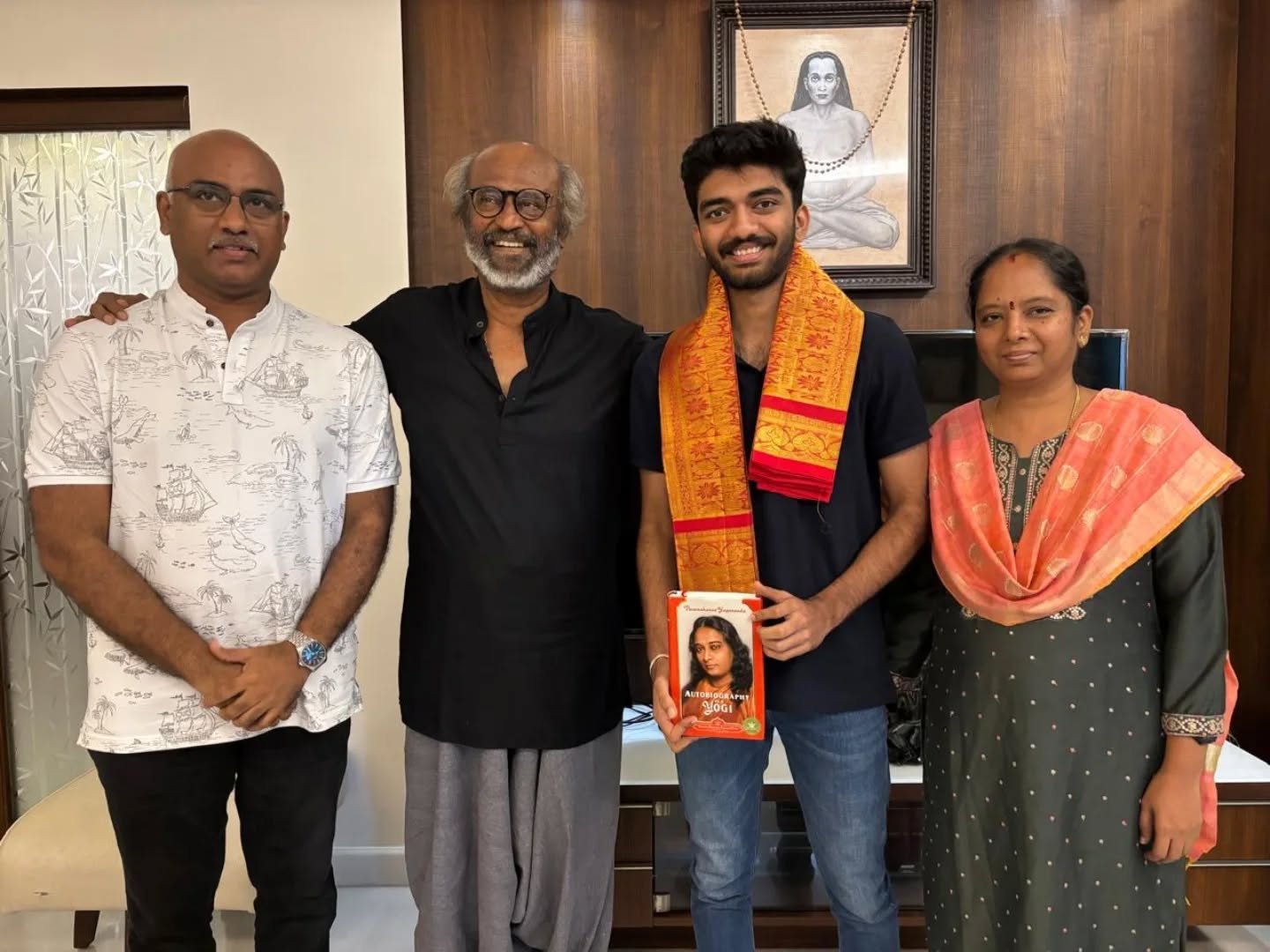
So far, Gukesh has a reputation for being humble. Almost innocent. He doesn’t appear to get cocky or confident when he is winning. And he loses with grace, often initiating conversation with his opponent to gain insights into his own game.
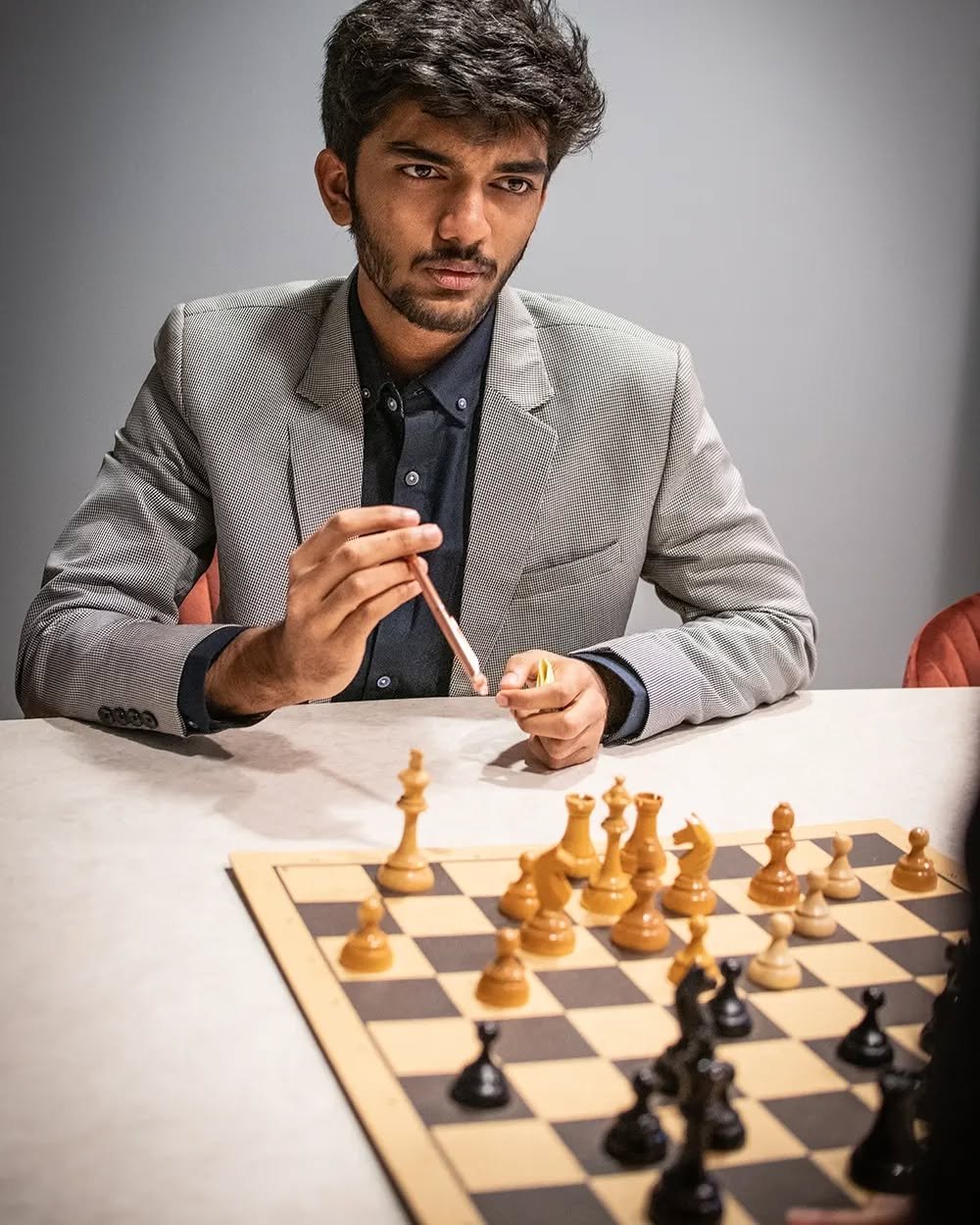
After his world championship win, he sobbed at the board. He thanked God and teary-eyed, he reset the board – like he always does. Then he went out to find his father and hugged him.
Regardless of what comes next in Gukesh’s career, he is a national pride. And the world is rooting for him.
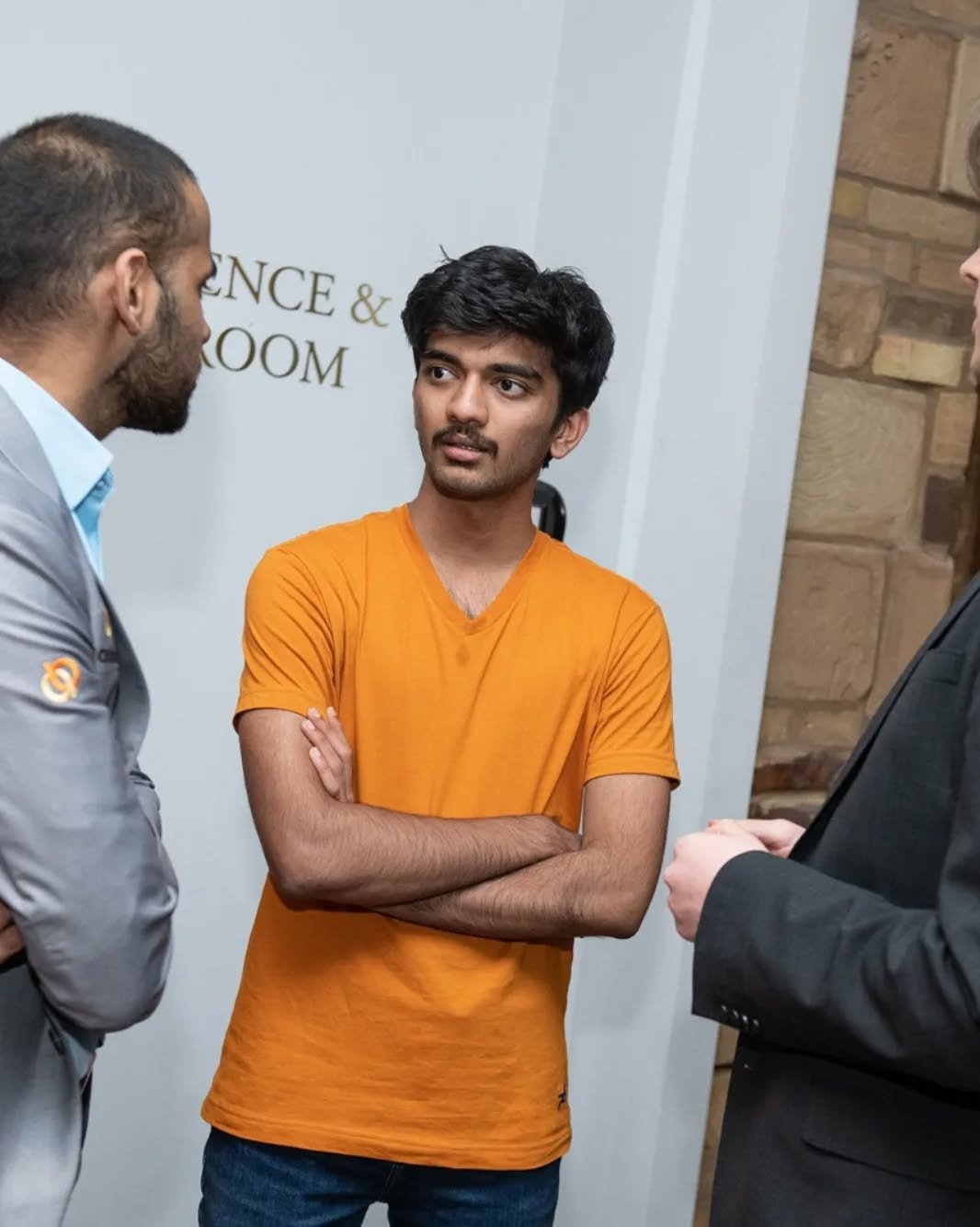
Did you know?
1. Gukesh defeated Magnus Carlsen in just 29 moves at the 2022 Chess Olympiad. This made him the youngest Indian player to ever beat the former world champion.
2. He follows an intense training schedule practising chess for 10 to 12 hours a day. His routine includes studying historical chess games, solving tactical puzzles and playing against other top-tier opponents.
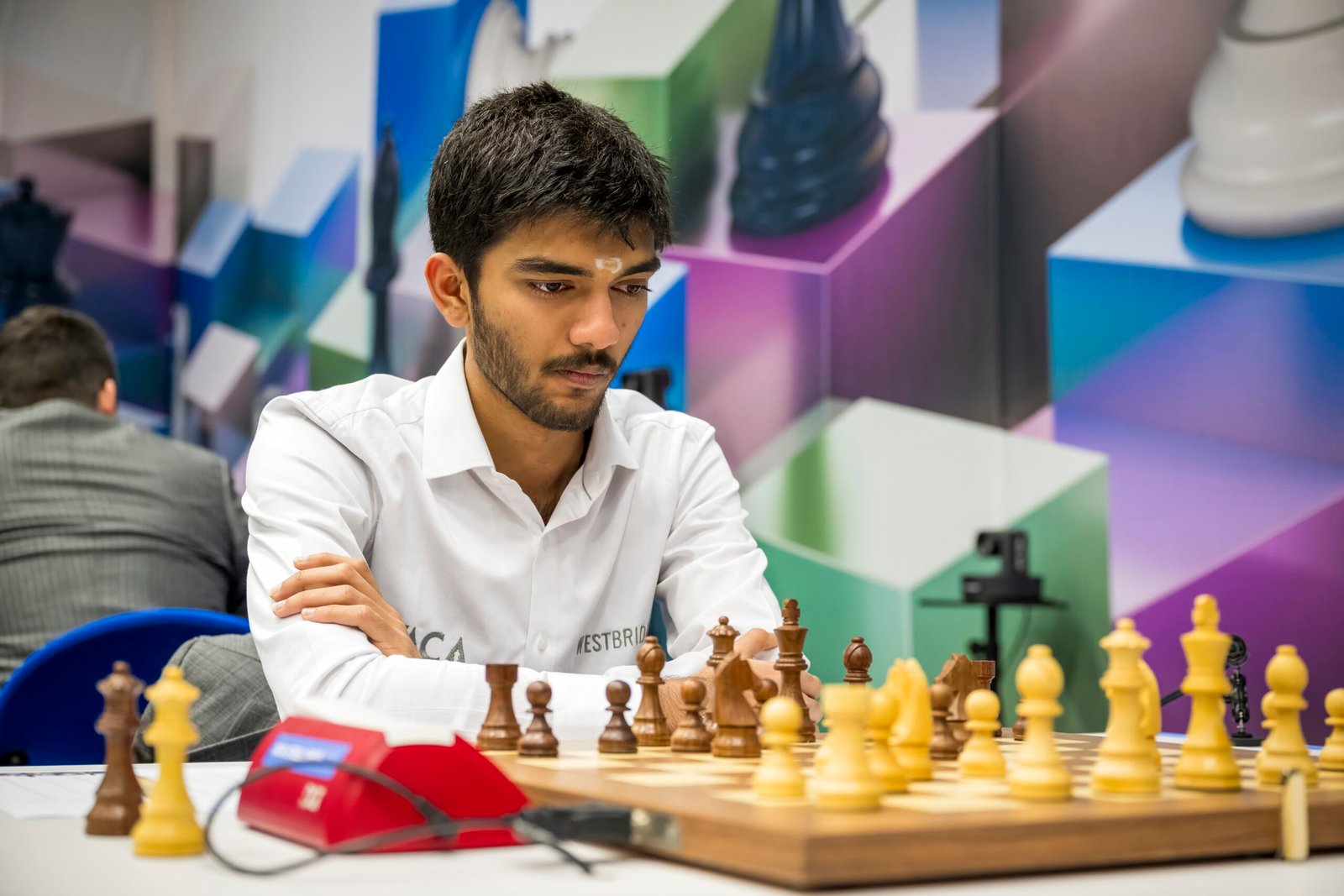
3. Gukesh became the youngest-ever Indian to reach a FIDE rating of 2700. He achieved this milestone at just 16 years old.
